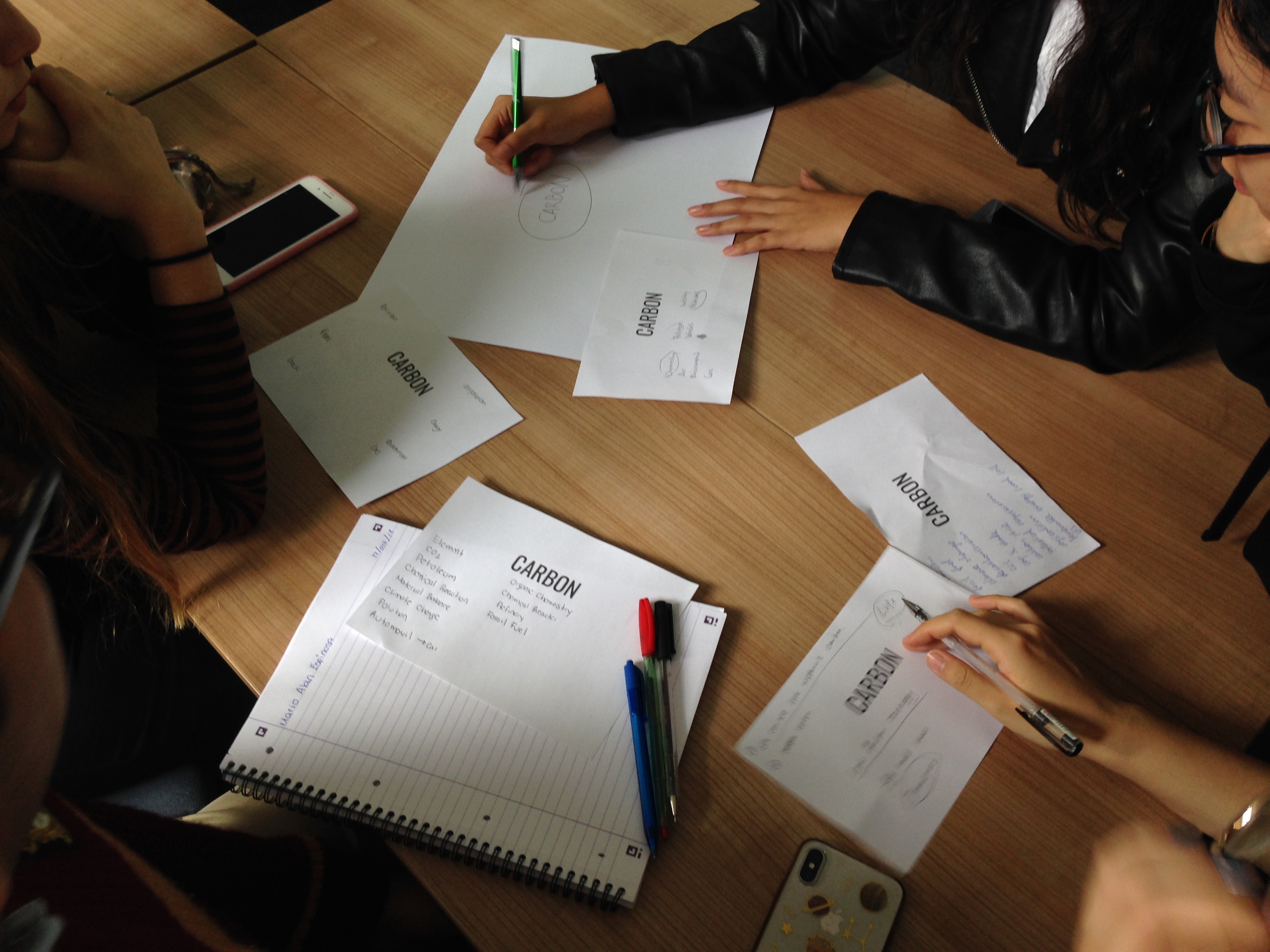Did you enjoy studying for a masters in energy and society? Are you thinking about doing a PhD? Occasionally we receive information about relevant phd positions for MSc graduates, such as this one, below, from colleagues at Anglia Ruskin university. University colleagues usually collaborate in advertising each others’ positions, because we know how difficult it is to get PhD funding, and we want to ensure all of our graduates have the best possible opportunity. So now and then we will add them to the blog. We will often retweet these opportunities too, or send them out on other blogs and news sites, including the DEI website, the Energy Anthropology Network site at ean.hypotheses.org or via Anthropology Matters
If you are interested in phd research and are looking for opportunities, don’t hesitate to get in touch with us at any time.
PhD advert – ‘Lived experiences of ‘accelerated’ energy transitions: A UK and Norwegian comparison’
Supervisors: Dr Chris Foulds and Prof. Aled Jones, Global Sustainability Institute, Anglia Ruskin University, Cambridge, UK; Prof. Marianne Ryghaug, Department of Interdisciplinary Studies of Culture, Norwegian University of Science and Technology, Trondheim, Norway.
Start date: September 2020, fully funded (annual stipend + fee waiver + additional study expenses) for 3 years
Deadline: 9 February 2020
The PhD opportunity:
There have been increasing calls for urgent, widespread, and deep transformations to the ways that societies use and produce energy. Indeed, significant year-on-year emissions reductions of 10%/annum may be needed to meet existing Paris Agreement climate change targets – which is completely at odds with how policy has been instead prioritising incremental changes. Relatedly, there has been much debate amongst Transitions Studies scholars on ‘how fast’ energy transitions can actually be in reality. Even if ‘accelerated transitions’ are needed, are they actually possible? These debates have been grounded in theoretical arguments and/or cherry-picking from a small number of empirical studies – essentially, there have been very few truly experimental programmes pushing ‘accelerated transitions’, and even fewer that have been systematically studied.
This project aims to investigate the lived experiences of citizens involved in highly ambitious and experimental low-carbon energy programmes. In particular, there will be a focus on where there is a lot happening all at once (across e.g. home life, work life, mobility, etc.) and within a short period of time. Aside from the unintended consequences and/or successes of accelerated transitions, there will also be insights on matters of inclusion, democracy and justice – ultimately, who is impacted (and how) when such programmes are rolled out?
A comparative approach will compare experiences of citizens involved in contrasting Norwegian and UK case studies. Semi-structured interviews will be conducted with stakeholders participating in the programmes, in addition to participant observation (where the researcher spends extended periods working within the programmes).
The PhD researcher will be based at Anglia Ruskin’s Global Sustainability Institute, in partnership with the Norwegian University of Science and Technology’s (NTNU) new Norwegian Centre for Energy Transition Strategies (NTRANS). The successful candidate will likely have experience of qualitative research methods and hold a relevant social science Masters, or have equivalent experience.
The Global Sustainability Institute (GSI):
Over the past eight years, the GSI has built a global reputation for delivering research impact and high-quality interdisciplinary publications across a broad range of sustainability issues. We believe it is the only research institute/group to have received funding from six of the seven UK Research Councils. It has also led and supported several high-profile EU projects includingSHAPE ENERGY, Energy-SHIFTS, MEDEAS, RRING, Energy in Water, and others, which collectively aim to reshape national and international energy governance agendas. The GSI has a particular interest in research that has the potential for real-world impact, and thus this PhD project will sit alongside a wider portfolio of applied projects that focus on advising e.g. European Commission, UK Government, local authorities, charities and NGOs, business and industry, etc.
Further details:
- This PhD opportunity is part of ARU’s wider Vice Chancellor PhD studentship programme. More details can be found here (under ‘Sustainability and Environment’), including on the application process.
- Prospective applicants are strongly encouraged to contact Dr Chris Foulds (chris.foulds@anglia.ac.uk) to discuss the PhD opportunity further.
- The annual stipend will track UKRI levels across the three years, which was set at £15,009/year for 2019-2020 and is to be confirmed for 2020-2021.
- These full-time Vice Chancellor’s PhD Studentships are open to all UK/EU fee statusapplicants.


 Evonne Baltrock-Nitzsche started the MSc in October 2019. She reflects on the November ‘teaching week’ in her first term.
Evonne Baltrock-Nitzsche started the MSc in October 2019. She reflects on the November ‘teaching week’ in her first term.








